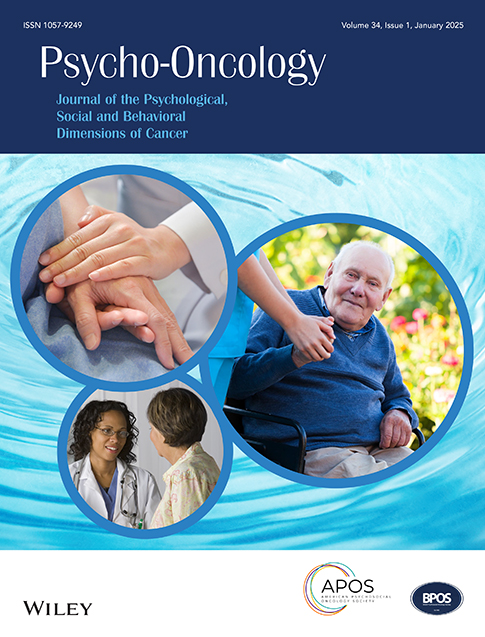Styles of Delivering News About a Child's Cancer and Parents' PTSD Symptoms
Funding: The authors received no specific funding for this work.
ABSTRACT
Background
Receiving a child's cancer diagnosis is a highly traumatic experience for parents, often leading to significant psychological distress, including symptoms of Post-Traumatic Stress Disorder (PTSD). The way healthcare professionals deliver this news can affect the severity of parents' reactions. While some research examines communication style's impact on patients, few studies focus on its effects on parents.
Aims
This study explores the relationship between the communication style used by oncologists when delivering a child's cancer diagnosis and the subsequent levels of PTSD symptoms, mental resilience, and self-efficacy in parents.
Methods
One hundred twenty eight parents of children diagnosed with cancer participated. Data were collected using the Styles of Communicating Questionnaire (SCQ), PTSD Checklist for DSM-V (PCL-5), the Connor-Davidson Resilience Scale (CD-RISK), and the General Self-Efficacy Scale. Correlations and hierarchical multiple regressions were performed to examine the relationship between communication style and psychological outcomes.
Results
Parents who perceived the oncologist's communication style as more activating (clear, structured, and action-oriented) reported significantly lower levels of PTSD symptoms and higher levels of resilience and self-efficacy. The perception of empathy played a crucial role, particularly when physicians balanced emotional and cognitive empathy. This balance was linked to better psychological outcomes in parents.
Conclusions
The study highlights the critical role of communication style in mitigating the psychological impact of a child's cancer diagnosis on parents. Training healthcare providers to balance cognitive and emotional empathy in communication may reduce PTSD symptoms and enhance resilience and self-efficacy in parents, ultimately improving their psychological well-being during such a challenging time.
Conflicts of Interest
The authors declare no conflicts of interest.
Open Research
Data Availability Statement
The data supporting the findings of this study are available from the corresponding author, Moshe U. Farchi, upon reasonable request.




